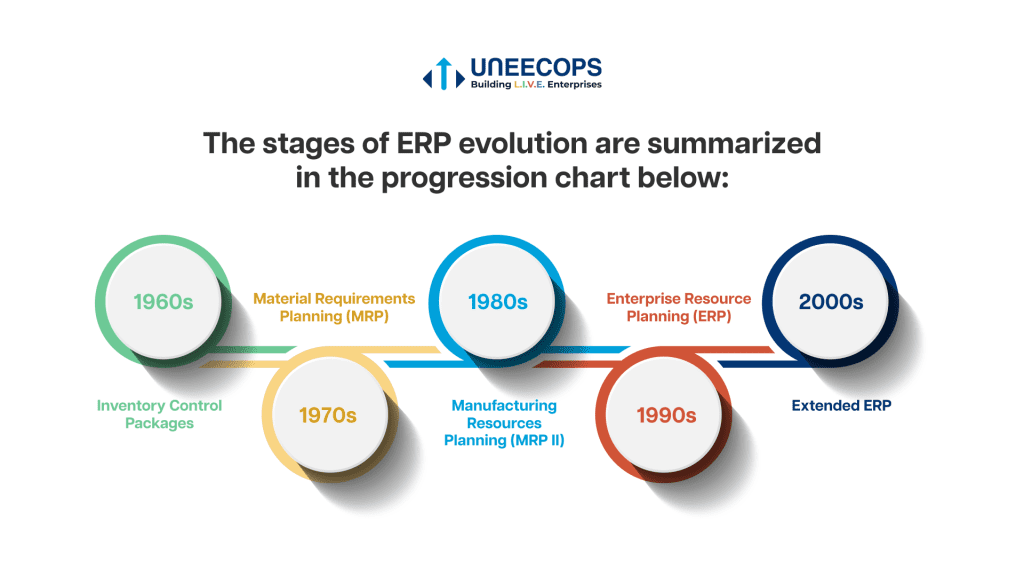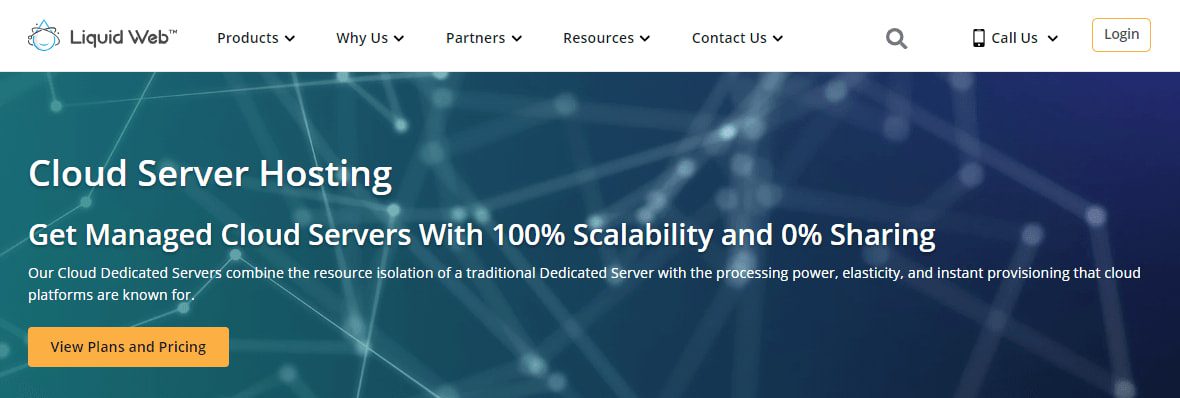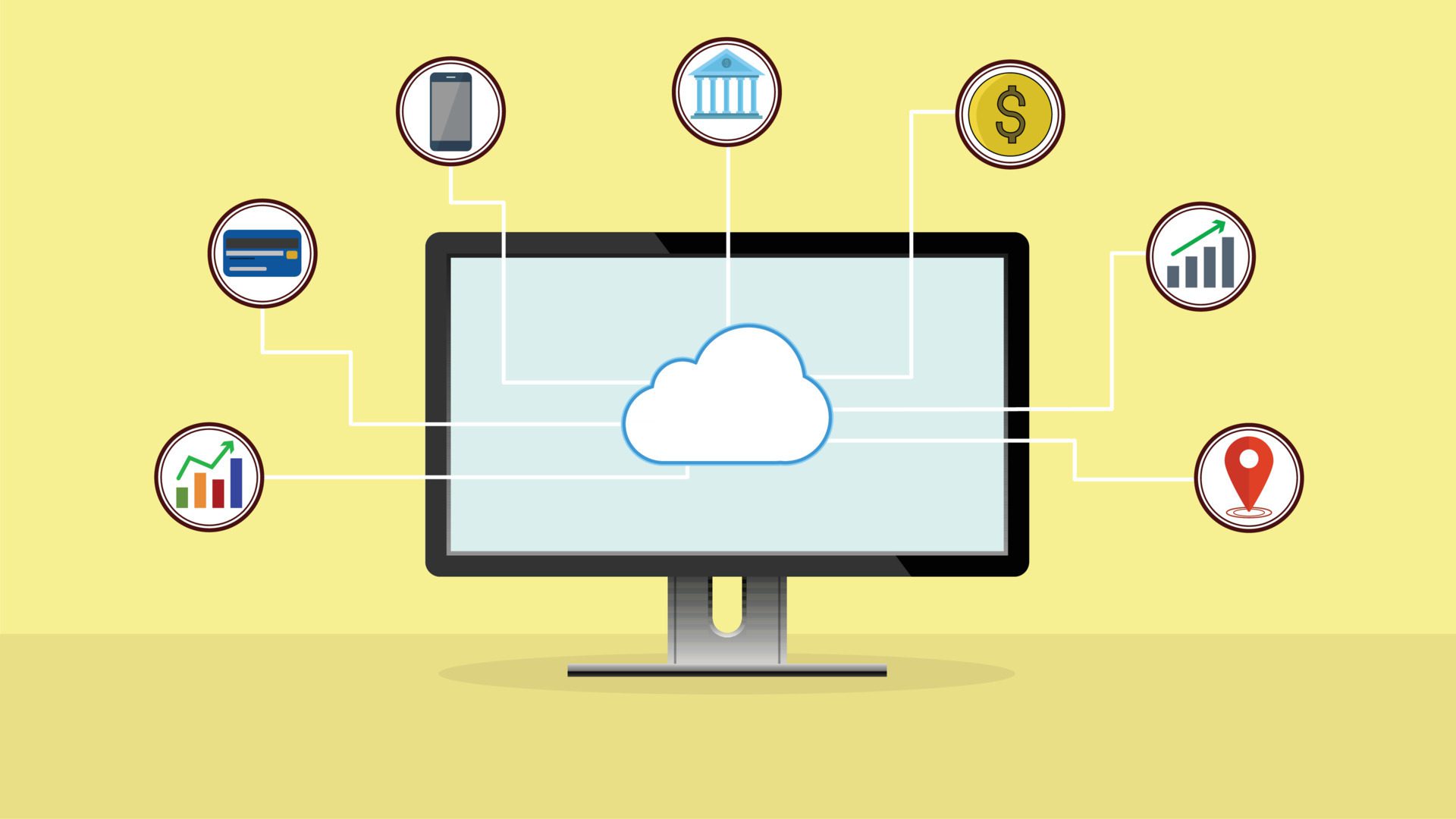Revolutionizing Manufacturing with Cloud ERP Solutions
Revolutionizing Manufacturing with Cloud ERP Solutions
Welcome, readers! Are you ready to take your manufacturing processes to the next level? Cloud ERP solutions are revolutionizing the way companies approach manufacturing, offering streamlined operations, increased efficiency, and real-time data insights. By leveraging cloud-based technology, businesses can unlock new opportunities for growth and innovation. Join us as we explore the exciting possibilities of integrating cloud ERP solutions into your manufacturing operations.
Benefits of Cloud ERP for Manufacturers
Cloud ERP systems offer a range of benefits for manufacturers that can help streamline operations, improve efficiency, and increase profitability. One major advantage of cloud ERP is the ability to access real-time data from anywhere with an internet connection. This means that manufacturers can have up-to-date information on production schedules, inventory levels, and customer orders at their fingertips, allowing for quick decision-making and improved overall workflow.
Another key benefit of cloud ERP for manufacturers is the cost savings associated with implementing and maintaining the system. Traditional ERP systems often require significant upfront investments in hardware, software, and IT support, whereas cloud ERP solutions typically operate on a subscription-based model, with lower initial costs and predictable monthly fees. This can help manufacturers better manage their budgets and allocate resources more efficiently.
Additionally, cloud ERP systems are highly scalable and flexible, making it easy for manufacturers to adapt to changing business needs and growth opportunities. As production volumes increase or new product lines are introduced, cloud ERP software can easily accommodate these changes without the need for costly upgrades or additional infrastructure. This scalability is particularly beneficial for manufacturers operating in competitive industries where agility and responsiveness are essential.
Furthermore, cloud ERP offers enhanced security features compared to on-premises systems, as data is stored in secure servers with advanced encryption protocols and redundant backups. This can provide manufacturers with peace of mind knowing that their sensitive information is protected from cyber threats and unauthorized access. In the event of a disaster or system failure, cloud ERP systems also have built-in disaster recovery capabilities to ensure minimal downtime and data loss.
Overall, the adoption of cloud ERP for manufacturers can lead to increased productivity, improved decision-making, reduced operational costs, and enhanced competitiveness in the marketplace. By leveraging the benefits of cloud technology, manufacturers can stay ahead of the curve and drive sustainable growth for their businesses.
Implementation Strategies for Cloud ERP
When it comes to implementing a cloud ERP system for manufacturers, there are several key strategies that can help ensure a successful implementation process. Here are some important factors to consider when developing an implementation strategy:
1. Planning and Preparation
Before implementing a cloud ERP system, it is crucial to carefully plan and prepare for the implementation process. This includes defining clear objectives and goals for the implementation, assessing the organization’s readiness for change, and identifying any potential challenges or roadblocks that may arise during the implementation process.
2. Selecting the Right Vendor
Choosing the right cloud ERP vendor is essential for a successful implementation. When selecting a vendor, manufacturers should consider factors such as the vendor’s industry experience, track record of successful implementations, scalability of the system, and the level of support and training offered. It is also important to ensure that the vendor’s system is compatible with the organization’s existing infrastructure and can meet the specific needs and requirements of the manufacturing industry.
3. Customization and Configuration
Customizing and configuring the cloud ERP system to meet the unique needs of the organization is another important aspect of the implementation process. Manufacturers should work closely with the vendor to determine the level of customization needed, including any specific functionality or features that are required for their business processes. It is important to strike a balance between customizing the system to meet specific needs and adhering to best practices and industry standards to ensure a smooth implementation process.
4. Data Migration and Integration
Migrating data from existing systems and integrating the cloud ERP system with other applications and systems within the organization is a critical step in the implementation process. Manufacturers should carefully plan and execute data migration to ensure the accuracy and integrity of the data transferred to the new system. It is important to test data migration processes thoroughly and address any issues or discrepancies before going live with the new system.
5. Training and Change Management
Providing adequate training and support for employees is essential for a successful cloud ERP implementation. Manufacturers should develop a comprehensive training program to ensure that all users are familiar with the new system and comfortable using its features and functionality. Additionally, it is important to implement change management strategies to help employees adapt to the new system and processes, address any resistance to change, and ensure a smooth transition to the cloud ERP system.
6. Continuous Improvement and Monitoring
Once the cloud ERP system is implemented, manufacturers should continuously monitor and evaluate its performance and seek feedback from users to identify areas for improvement. It is important to regularly update and optimize the system to ensure that it continues to meet the organization’s evolving needs and objectives. By establishing a culture of continuous improvement and innovation, manufacturers can maximize the benefits of their cloud ERP system and drive business growth and success.
Impact of Cloud ERP on Manufacturing Operations
Cloud ERP systems are revolutionizing the way manufacturers operate, offering a range of benefits that have a significant impact on their day-to-day operations. These cloud-based solutions provide manufacturers with the tools they need to streamline processes, increase efficiency, and gain valuable insights into their operations.
One of the key ways in which cloud ERP systems are transforming manufacturing operations is through improved collaboration. By centralizing data and providing real-time access to information, cloud ERP systems enable better communication between different departments within a manufacturing organization. This enhanced collaboration leads to faster decision-making, improved problem-solving, and ultimately, a more streamlined production process.
Another major impact of cloud ERP on manufacturing operations is increased flexibility. Unlike traditional on-premise ERP systems, cloud ERP solutions can be accessed from anywhere, at any time, using any device with an internet connection. This flexibility allows manufacturers to adapt to changing market conditions more quickly, respond to customer demands more effectively, and make informed decisions based on real-time data.
Additionally, cloud ERP systems offer better scalability compared to on-premise solutions. As manufacturing operations grow and evolve, cloud ERP systems can easily scale to accommodate increased production volume, new product lines, or changes in business processes. This scalability ensures that manufacturers can continue to operate efficiently and effectively, even as their operations expand.
Cloud ERP systems also help manufacturers improve their overall performance by providing valuable analytics and insights into their operations. By collecting and analyzing data from various areas of the production process, including inventory management, supply chain operations, and production schedules, cloud ERP systems enable manufacturers to identify trends, pinpoint areas for improvement, and make data-driven decisions that drive growth and profitability.
In conclusion, the impact of cloud ERP on manufacturing operations is undeniable. From improved collaboration and flexibility to enhanced scalability and performance, cloud ERP systems offer a range of benefits that help manufacturers operate more efficiently, effectively, and competitively in today’s fast-paced market. By embracing cloud ERP solutions, manufacturers can future-proof their operations, drive growth, and stay ahead of the competition.
Cost Considerations of Adopting Cloud ERP
When considering adopting a Cloud ERP system for manufacturing, one of the most critical factors to take into account is the cost implications. There are several cost considerations that should be carefully evaluated before making the decision to transition to a cloud-based ERP solution. Here are some key cost factors to consider:
1. Implementation Costs: Implementing a Cloud ERP system for manufacturing involves significant initial costs. The costs associated with implementing a cloud ERP system include software licensing fees, data migration expenses, training costs, and consulting fees. It is essential to carefully evaluate these implementation costs upfront to avoid any surprises down the road.
2. Subscription Costs: Unlike traditional on-premise ERP systems, Cloud ERP solutions typically operate on a subscription-based pricing model. This means that you will be required to pay a monthly or annual subscription fee to use the cloud ERP software. It is essential to consider the ongoing subscription costs when evaluating the total cost of ownership of a Cloud ERP system.
3. Scalability Costs: Another cost consideration when adopting a Cloud ERP system for manufacturing is scalability. Cloud ERP systems are known for their scalability, allowing manufacturers to easily add or remove users and functionalities as needed. However, scaling up or down in a cloud ERP system may come with additional costs. It is essential to understand how scalability will impact your overall costs before making the transition.
4. Maintenance and Support Costs: One significant advantage of Cloud ERP systems is that they typically require less maintenance and support compared to on-premise systems. With a cloud ERP solution, maintenance tasks such as software updates, security patches, and data backups are handled by the cloud service provider. However, it is essential to consider the ongoing maintenance and support costs associated with the cloud ERP system. Ensure that you understand what support services are included in your subscription and what additional support may cost.
5. Integration Costs: Integrating a Cloud ERP system with other software applications within your manufacturing facility may incur additional costs. It is essential to consider any integration costs associated with connecting your Cloud ERP system to other systems such as CRM software, inventory management tools, or e-commerce platforms. Understanding these integration costs upfront can help you budget accordingly for a seamless implementation process.
Overall, adopting a Cloud ERP system for manufacturing involves various cost considerations that should be carefully evaluated. By understanding the implementation costs, subscription costs, scalability costs, maintenance and support costs, and integration costs, manufacturers can make an informed decision about whether transitioning to a cloud-based ERP solution is the right choice for their business.
Choosing the Right Cloud ERP Solution for Manufacturers
Choosing the right Cloud ERP solution for manufacturers can be a daunting task, with so many options available in the market. However, by considering a few key factors, you can narrow down your choices and find the best fit for your manufacturing business.
1. Industry-specific Features:
One of the most important factors to consider when choosing a Cloud ERP solution for your manufacturing business is whether it offers industry-specific features. Make sure the ERP system you select is designed to meet the unique needs of manufacturers, including inventory management, production planning, and supply chain management.
2. Scalability:
Another important consideration is the scalability of the ERP solution. As your manufacturing business grows, you will need a system that can easily scale with your operations. Look for a Cloud ERP solution that can accommodate your future growth without requiring a complete overhaul of your system.
3. Integration Capabilities:
It is essential to choose a Cloud ERP solution that can integrate seamlessly with your existing systems and software. This will allow you to streamline your operations and improve efficiency across your organization. Look for a system that offers APIs or other integration tools to make the process as smooth as possible.
4. User-Friendly Interface:
A user-friendly interface is key to the successful implementation of a Cloud ERP solution for manufacturers. Look for a system that is easy to use and intuitive, with a clean layout and navigation. This will help ensure that your employees can quickly adapt to the new system and take full advantage of its features.
5. Customer Support and Training:
When selecting a Cloud ERP solution for your manufacturing business, it is crucial to consider the level of customer support and training offered by the vendor. A comprehensive training program can help your employees quickly learn how to use the new system effectively, reducing downtime and increasing productivity. Additionally, responsive customer support will be invaluable if you encounter any issues or have questions about the system.
In conclusion, when choosing the right Cloud ERP solution for manufacturers, it is essential to consider industry-specific features, scalability, integration capabilities, user-friendly interface, and customer support and training. By carefully evaluating these factors, you can ensure that you select a system that meets the unique needs of your manufacturing business and helps drive growth and success.





